Are you visiting your aging parents for the holidays and are wondering what signs to look for if you are worried about dementia? Take this time to make sure they are ok and get help if needed.
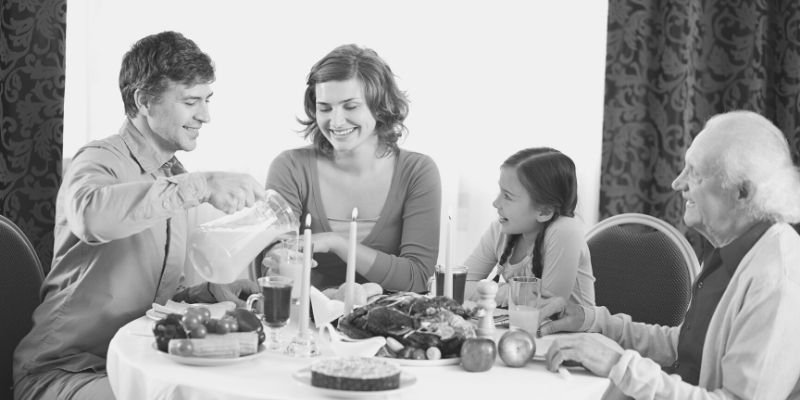

Are you visiting your aging parents for the holidays and are wondering what signs to look for if you are worried about dementia? Take this time to make sure they are ok and get help if needed.
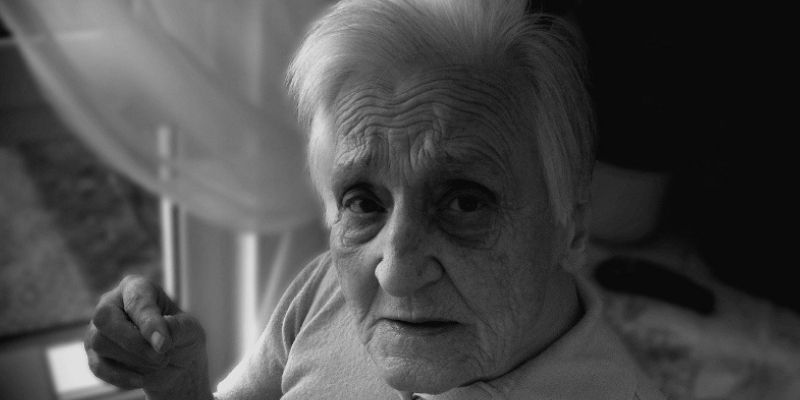
Grieving is a process that takes time, and healing involves accepting the loss. Losing a person that we care about is never easy, but we live our lives knowing that the people that we love, including ourselves, will eventually die. We expect others to respect us and tell us when someone has died.

Lately you’ve noticed that you’ve been misplacing items or have been a little more forgetful than usual. Are you just getting older? Or is it dementia?
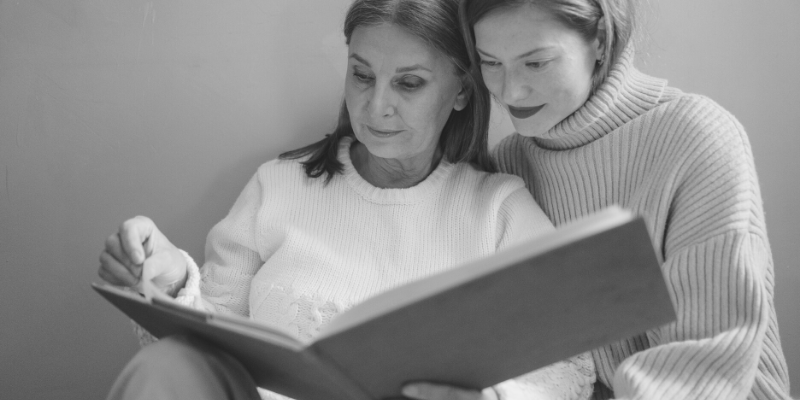
It’s worrisome when our loved ones with dementia suddenly exhibit changes in behavior. That’s why we’ve compiled a list of some of the most common ailments and conditions that occur with dementia, what behavior changes could come with them, as well as some caregiving tips on how to handle them.
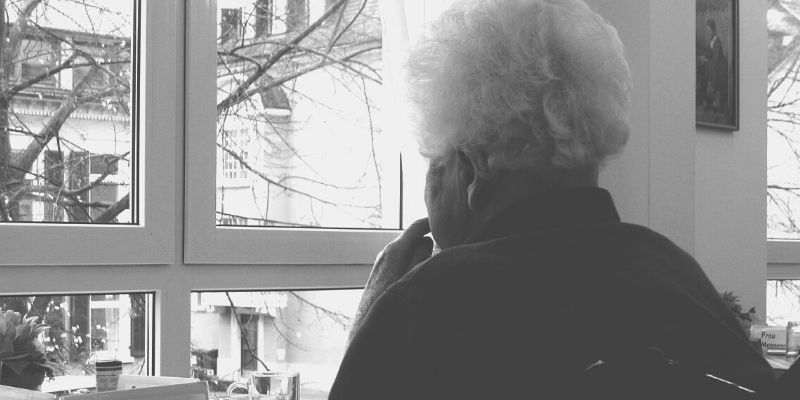
When a person with dementia hallucinates, they experience something very real to them that nobody else does, because they sense something that isn’t there.
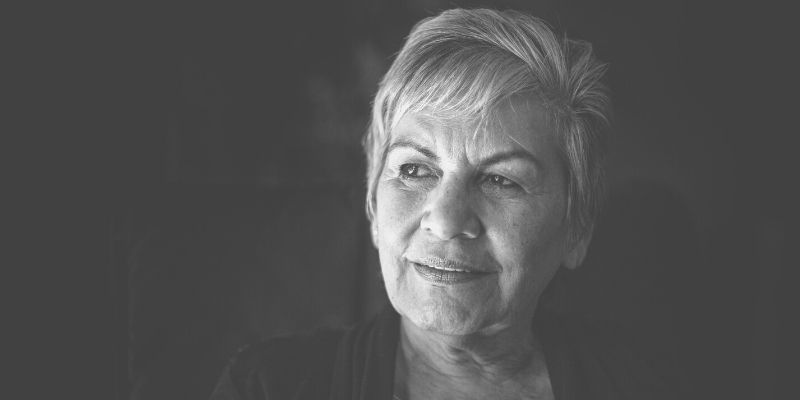
If you are on the receiving end of aggressive behavior remember that it is not about you and the person with dementia is not behaving as they are on purpose.

Inappropriate sexual behavior is disturbing, but it may feel like a much greater challenge when your loved one or the one you care for with dementia acts in ways that are new or different for them.
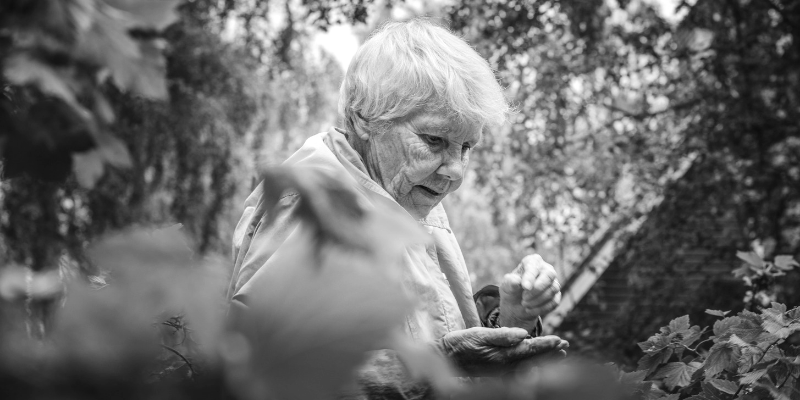
With sundown syndrome not being a disease in itself, there is no specific treatment to reduce a person’s symptoms. But, as caregivers, we can reduce the risk factors that aggravate sundown syndrome behaviors.